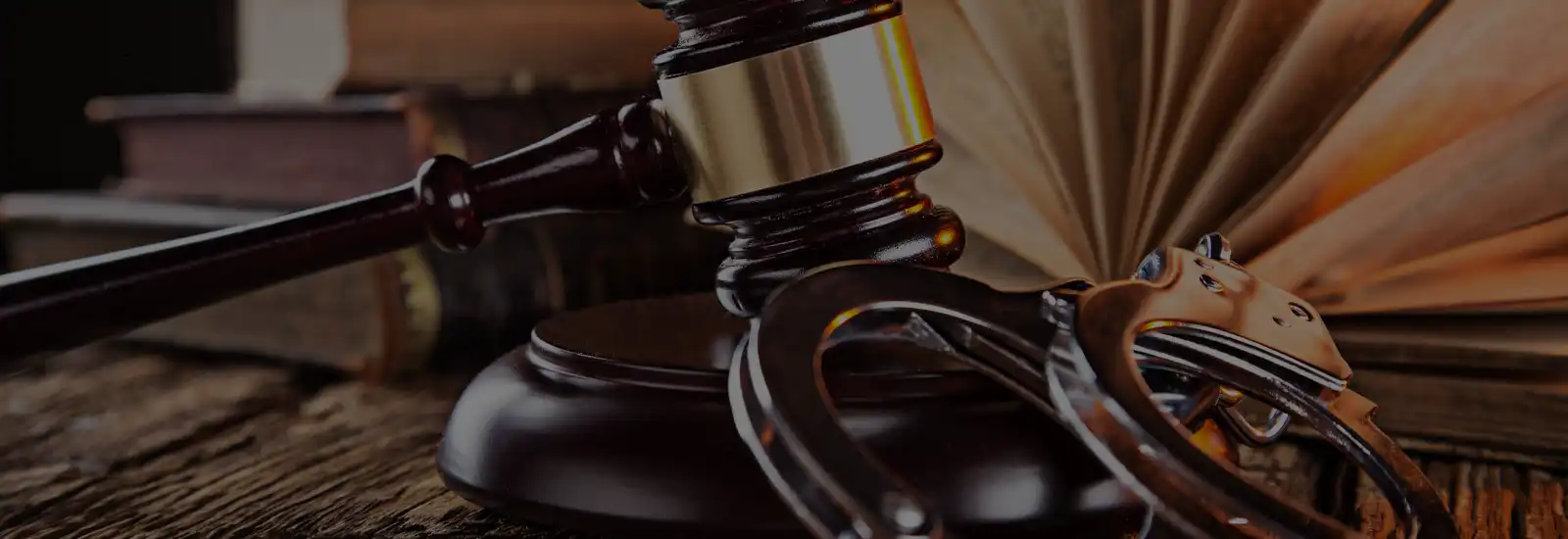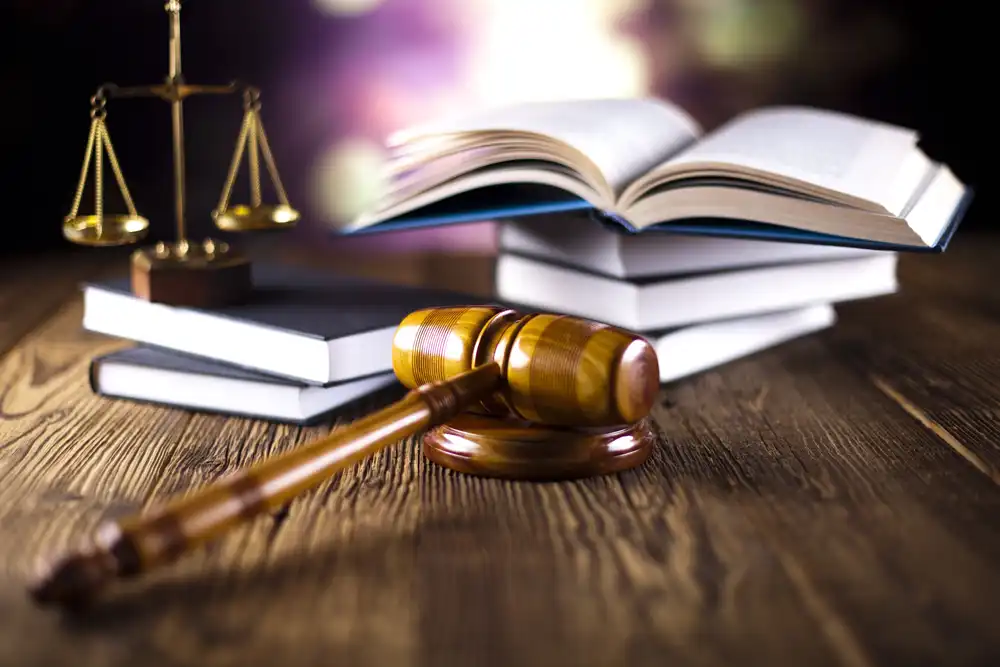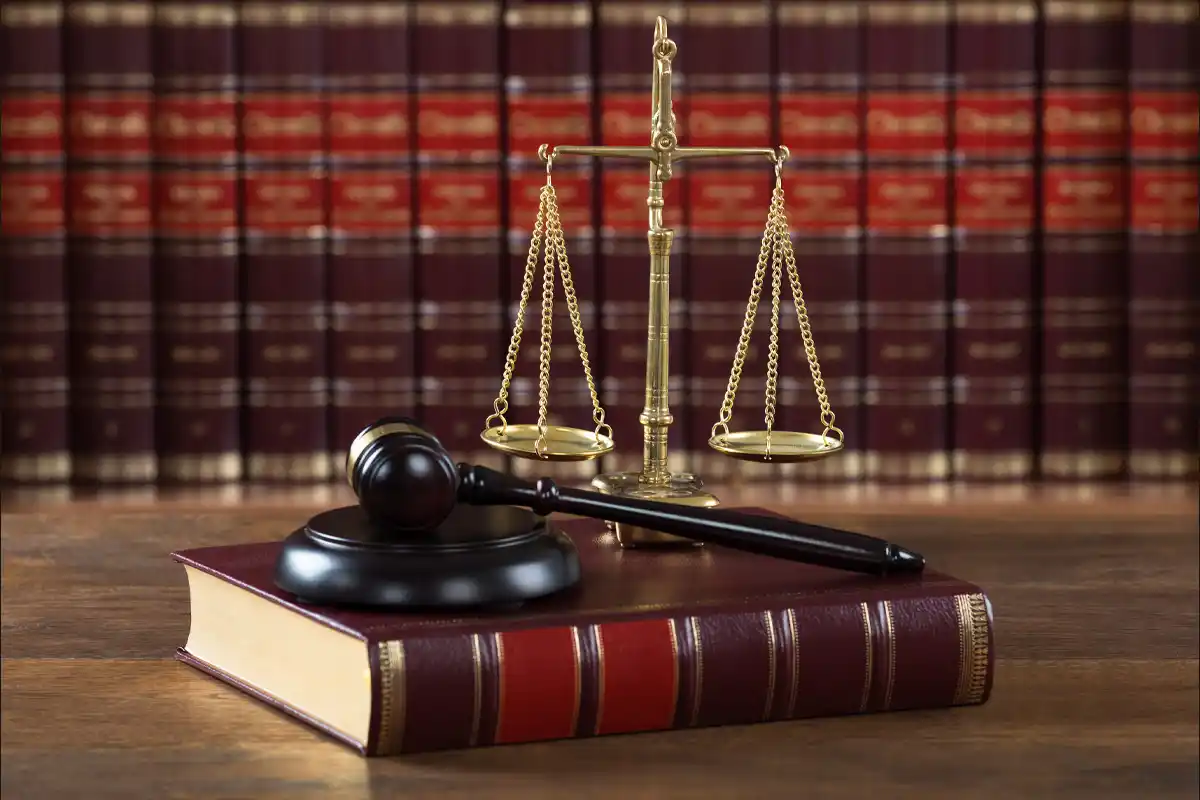
Traffic Ticket Defense Lawyer | Orlando & Central Florida
Traffic Ticket Defense Attorney, Mary. M. Ibrahim proudly provides Speeding & Traffic Ticket Defense legal services throughout Central Florida, including, Orange County, Osceola County, and Seminole County and surrounding areas.

Call 407.255.6300 today to schedule a confidential consultation with traffic ticket defense attorney, Mary M. Ibrahim.
A traffic ticket might seem like a minor inconvenience, but ignoring it or simply paying it can have unintended consequences, including points on your license, increased insurance rates, and even license suspension. If you've received a traffic citation in Orlando, Orange County, or Central Florida, it's wise to understand your options and seek experienced legal representation. The Law Offices of Mary M. Ibrahim, P.A., are here to protect your driving record and help you minimize the impact of a traffic ticket.
Understanding Traffic Citations in Florida
Florida law categorizes traffic violations into various categories, each with different penalties. It's important to understand the specific violation you've been cited for.
Specific Traffic Citations in Florida
Some common traffic citations in Florida include:
- Speeding: Exceeding the posted speed limit.
- Running a Red Light: Entering an intersection after the traffic signal has turned red.
- Running a Stop Sign: Failing to come to a complete stop at a stop sign.
- Failure to Yield: Not yielding the right-of-way to another vehicle or pedestrian.
- Improper Lane Change: Changing lanes without signaling or doing so unsafely.
- Driving Too Closely (Following Too Closely): Following another vehicle too closely.
- Equipment Violations: Issues with your vehicle's equipment, such as a broken taillight or headlight.
- Seatbelt Violations: Failing to wear a seatbelt.
- Moving Violations vs. Non-Moving Violations: Moving violations (like speeding) typically result in points on your license, while non-moving violations (like parking tickets) generally do not.
Penalties for Traffic Ticket Convictions
The penalties for traffic ticket convictions in Florida vary depending on the specific violation, your driving history, and other factors. Penalties can include:
- Fines: Varying fines depending on the infraction.
- Points on Your License: Accumulating too many points within a certain timeframe can lead to license suspension.
- Increased Insurance Rates: Insurance companies often increase premiums for drivers with moving violations.
- Driver's License Suspension: For certain serious violations or accumulating too many points.
- Traffic School: May be required or offered as an option to avoid points on your license.
Potential Defense Strategies in Traffic Ticket Cases
While some traffic tickets may seem straightforward, others can be challenged. Some potential defense strategies include:
- Challenging the Accuracy of Speed Measuring Devices: Radar guns and other devices can malfunction, and their accuracy can be questioned.
- Mistaken Identity: Arguing that you were not the driver of the vehicle at the time of the infraction.
- Faulty Equipment: If the ticket was for an equipment violation, showing proof that the issue has been corrected.
- Improper Signage: Arguing that traffic signs were unclear or improperly placed.
- Emergency Situation: In some limited circumstances, the defense may argue that the violation was necessary due to an emergency.
- Technicalities: Sometimes, there are technical issues with the citation itself that can be challenged.
- Negotiating with the Prosecutor: An attorney can often negotiate with the prosecutor to reduce the charges or penalties.
The Importance of Legal Representation in Traffic Ticket Defense Cases
While it might seem tempting to just pay a traffic ticket, it's often in your best interest to consult with an experienced traffic ticket attorney. An attorney can:
- Help you understand the specific charges and potential consequences.
- Negotiate with the prosecutor to reduce or dismiss the charges.
- Represent you in court, if necessary.
- Help you avoid points on your license or minimize their impact.
- Protect your driving record and keep your insurance rates down.
Attorney Mary M. Ibrahim has a proven track record of successfully defending clients against traffic tickets in Orlando and Central Florida. She will thoroughly investigate your case, protect your rights, and work to achieve the best possible outcome. Don't just pay that ticket! Contact The Law Offices of Mary M. Ibrahim, P.A., today for a confidential consultation. Let us fight for you.
Call 407.255.6300 today to schedule a confidential consultation with traffic ticket defense lawyer, Mary M. Ibrahim.
About Felony Crimes

In Florida, a felony is a serious criminal offense punishable by more than one year in state prison, up to life imprisonment, or even death. Felonies are categorized into degrees, with varying levels of severity and corresponding penalties. The most serious are capital felonies, punishable by death or life imprisonment, followed by life felonies, which carry a life sentence.
In Florida, a felony is a serious criminal offense punishable by more than one year in state prison, up to life imprisonment, or even death. Felonies are categorized into degrees, with varying levels of severity and corresponding penalties. The most serious are capital felonies, punishable by death or life imprisonment, followed by life felonies, which carry a life sentence. Third-degree felonies are the least severe, with a maximum of five years in prison and a $5,000 fine. Second-degree felonies are more serious, punishable by up to 15 years in prison and a $10,000 fine. First-degree felonies carry the most substantial penalties, with up to 30 years in prison and a $10,000 fine, although some first-degree felonies have even harsher penalties.
Beyond imprisonment and fines, a felony conviction in Florida can have lasting consequences, impacting an individual's rights and opportunities. These can include restrictions on voting, firearm ownership, jury service, and certain professions. It's crucial to understand the potential ramifications of felony charges and seek experienced legal counsel. The specific penalties and classifications can be complex, so consulting with a qualified attorney is essential for anyone facing felony accusations.
About Felony Crimes

In Florida, a felony is a serious criminal offense punishable by more than one year in state prison, up to life imprisonment, or even death. Felonies are categorized into degrees, with varying levels of severity and corresponding penalties. The most serious are capital felonies, punishable by death or life imprisonment, followed by life felonies, which carry a life sentence.
In Florida, a felony is a serious criminal offense punishable by more than one year in state prison, up to life imprisonment, or even death. Felonies are categorized into degrees, with varying levels of severity and corresponding penalties. The most serious are capital felonies, punishable by death or life imprisonment, followed by life felonies, which carry a life sentence. Third-degree felonies are the least severe, with a maximum of five years in prison and a $5,000 fine. Second-degree felonies are more serious, punishable by up to 15 years in prison and a $10,000 fine. First-degree felonies carry the most substantial penalties, with up to 30 years in prison and a $10,000 fine, although some first-degree felonies have even harsher penalties.
Beyond imprisonment and fines, a felony conviction in Florida can have lasting consequences, impacting an individual's rights and opportunities. These can include restrictions on voting, firearm ownership, jury service, and certain professions. It's crucial to understand the potential ramifications of felony charges and seek experienced legal counsel. The specific penalties and classifications can be complex, so consulting with a qualified attorney is essential for anyone facing felony accusations.
About Misdemeanor Crimes

In Florida, a misdemeanor is a criminal offense less serious than a felony, generally punishable by fines, probation, and up to one year in a county jail. Misdemeanors are categorized into two degrees: first-degree and second-degree.
A first-degree misdemeanor is the more serious of the two, carrying a maximum penalty of one year in jail and a $1,000 fine. Examples include battery, petit theft (first offense), and driving under the influence (DUI) – first offense. Second-degree misdemeanors are less severe, with a maximum of 60 days in jail and a $500 fine. These can include offenses like simple assault, disorderly conduct, and certain traffic violations.
While misdemeanors don't carry the same severe penalties as felonies, a conviction can still have negative consequences. A criminal record, even for a misdemeanor, can impact employment opportunities, housing, and other aspects of life. It's important to take any misdemeanor charge seriously and understand the potential ramifications. Although the penalties are less severe than felonies, legal representation is still crucial to protect your rights and minimize the impact of a conviction. Consulting with a qualified attorney is recommended if you are facing misdemeanor charges in Florida.
